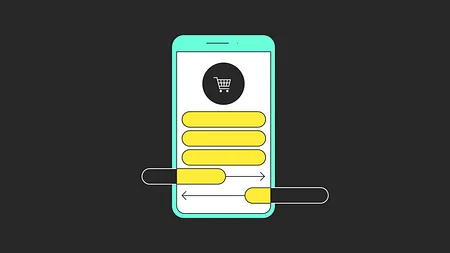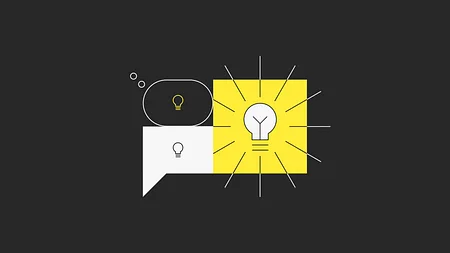What happened in fintech 2018

It’s been a fantastic year for fintech and financial services, with so much happening across the world. Partnerships have sprung up between incumbents and fintechs with groundbreaking changes happening both on regulatory and commercial levels. Some we predicted, and some we didn’t. Here’s a quick recap of what we got right, and what we didn’t.
Open Banking, the sequel
We managed to get it right on Open Banking, not a bad start at all. Banks haven’t opened themselves up to it and we're still pre-game so haven’t felt any real impact. Only 28% of adults have even heard of Open Banking.
I wouldn’t expect consumers to be aware of the intricacies around regulations but I want more of them to be aware of the benefits
David Brear, CEO at 11:FS
Read David’s blog on the future of fintech next week to find out why he feels like Open Banking is just getting going.
The Empire’s striking back
As we thought last year, incumbents have woken up to the challenges in being digital. They’ve been helped by fintechs, who’ve been leading the way in terms of showing incumbents what they should do. Lots of copycats from the big organisations. Monzo's in-app freeze and unfreeze card feature is just one example of what big banks are copying. Incumbents just have a $3 - 4million spend on marketing to ‘unlose’ your card or whatever other feature they want to mimic and market.
Incumbents have spent the year raising the bar in terms of what experiential stuff needs to be done. Incumbents are now facing up to their biggest problem, which isn’t legacy technology or the challenges of regulation, but the culture they have. 2018 saw Goldman Sachs establish Marcus, Santander establish Astro, and Natwest has started Mettle with us here at 11:FS.
Banks have learnt that they need to shift focus from a strategy prolonging what they have, to a more offensively minded process and creating a new culture. Incumbents are starting to take from the best that fintechs have done and understand that it’s about a few key issues. Culture, talent and that digital is a small team sport. Marcus and Mettle are telltale signs that banks understand that they need to do something now before they lose the opportunity.
SMBs are finally getting healthy relationships
Again we were pretty accurate, although this one was a little unfair given our projects this year. It was an element of foreshadowing for what we were going to bring to the SMB space (Mettle). But that was only so far as to what we were going to do.
Even outside of the truly forward-looking banking we're doing with Mettle, the SMB space is starting to gain wider appeal. As it should. SMBs are so much more underserved than the retail space.
As we’ve been building our own business (11:FS, you may have heard of us?) for the last 2 years and 10 months and all the stupidities we came across - not getting a bank account for 10 weeks, difficulties in sharing elements of financials with your accountant, rudimentary understanding of what ifs? E.g. buying a new office, hiring a new person, buying new kit - are proof that no-one truly cared about SMBs.
When you look at what every big bank has delivered in the SMB space, it’s just a retail account they have the cheek to charge you for. Whereas what people need is something truly different. What’s considered banking in the SMB space is much broader, encompassing cashflow management, invoicing, business management.What people need is an integrated experience, not 70 different SaaS solutions that each do a tiny slice of what you need. If you’re a success, then when you scale beyond 100 people those SaaS solutions cost far too much.
GAFA’s looming shadow
This one wasn’t so hard to guess for anyone. Like we thought, GAFA is starting to move into the space. ApplePay is a prime example. Technology and delivery mechanisms are getting better and better and Apple’s made significant inroads in this space. And who knows where they’ll go next once they manage to conquer payments?
Amazon have been buying up parts of the insurance industry and partnered with American Express (you can learn all about that from our Money20/20 USA show) to deliver a tool designed to change the way businesses buy online. None of the big four have overtly done ‘a thing’ just yet. But their presence behind the big big financial services players should serve as a warning that while incumbents are big fish, the pond’s gotten a whole lot bigger.
U.S.A, U.S.A, U.S.A!
We were wrong about this one. We said the USA was fucked. It’s not. Competition is thriving with 5000 banks and 7000 credit unions. And most of them are keeping a close eye on what’s happening over in the UK with PSD2. More and more banks of all shapes and sizes have been looking to partner with fintechs. We’ll have to wait and see how the situation develops.
Overall we weren’t too far off with most of our fintech predictions for this year. And I’m sure out predictions for next year will be just as accurate. Who knows, maybe we’re foreshadowing a few things for next year too.
Keep a lookout for our 2019 fintech predictions coming out very soon.


